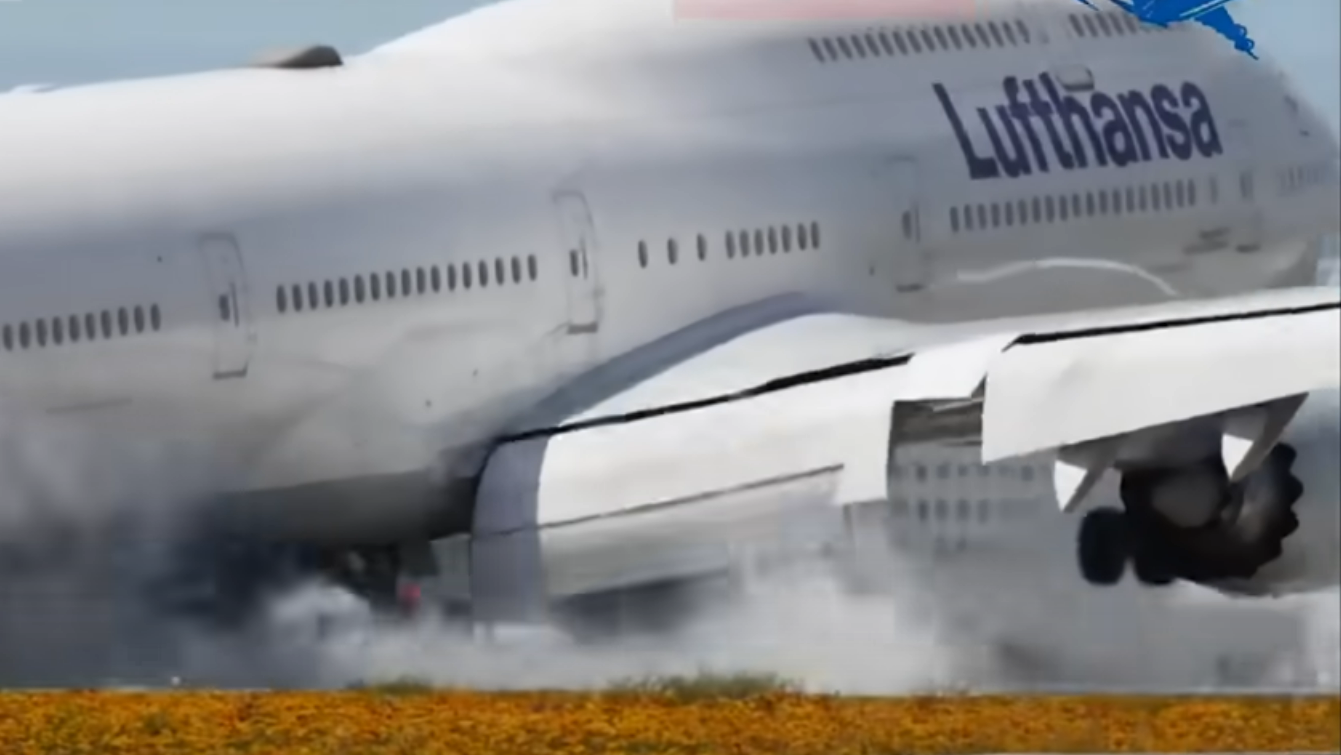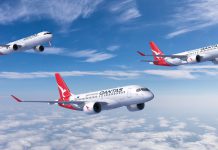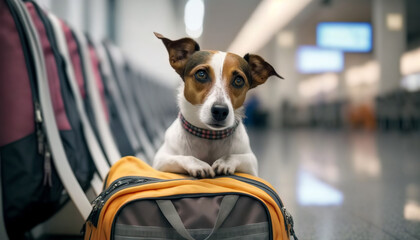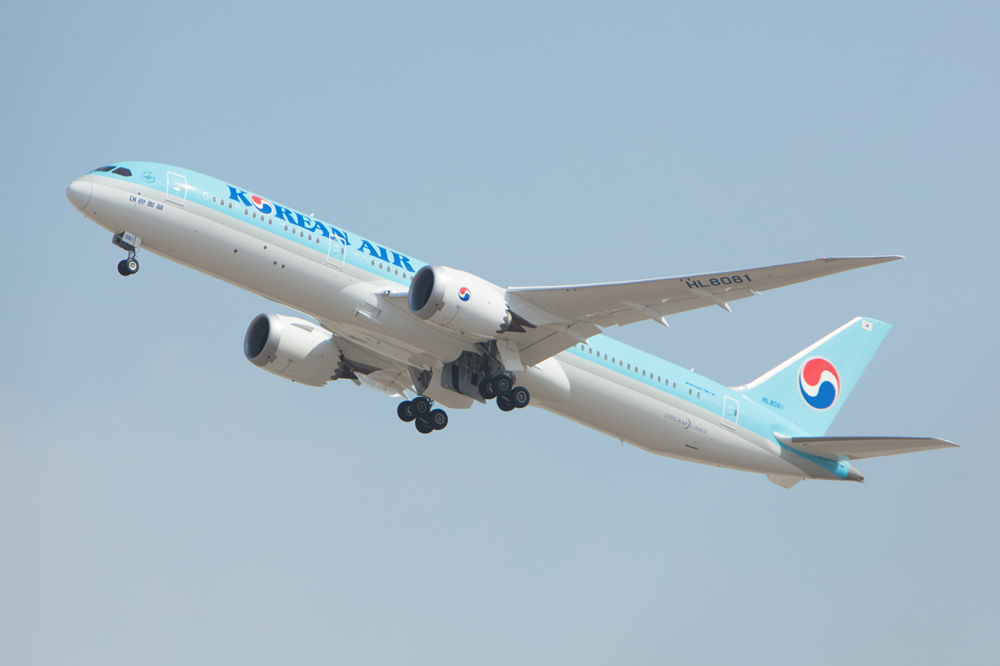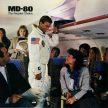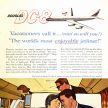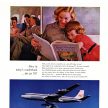A first estimate of the impact on Asia-Pacific airlines of COVID-19 forecasts 2020 passenger demand will be slashed by 9 percent compared to 2019 as the region’s carriers see revenue plummet by $US27.8 billion in “a very tough year”.
This will see the impact significantly outstrip the 2003 SARS epidemic, which saw a 5.1 percent fall in revenue passenger kilometres at Asia-Pacific carriers.
The assessment by the International Air Transport Association means a potential 13 percent full-year loss of passenger demand for carriers in the Asia-Pacific region compared to its original forecast of 4.8 percent growth.
READ: Qantas cuts capacity as coronavirus delivers hit of up to $A150m.
Chinese airlines will be the worst affected by the startling loss of revenue with a fall of $US12.8 billion in the domestic market alone.
Carriers outside Asia-Pacific will fare better with a forecast revenue loss due to COVID-19 of $US1.5 billion, assuming the loss of demand is limited to markets linked to China.
IATA said this would bring total global lost revenue to $US29.3 billion, 5 percent down on its December forecast, and represented a 4.7 percent hit to global demand.
The organization In December forecast global demand growth of 4.1 percent for the year but now expects it to contract by 0.6 percent.
The estimate is based on a scenario where COVID-19 has a similar V-shaped impact on demand as SARS., with a six-month period with a sharp decline followed by an equally quick recovery.
It also assumes the public health emergency remains centered in China and warns the impact will be bigger if spreads more widely to other Asia-Pacific markets.
IATA said it was premature to say what the revenue loss would mean to global profitability because of uncertainties about how the disease will spread.
It noted governments would use fiscal and monetary policy to try to offset the adverse economic impacts and there could be some relief for airlines from lower fuel prices.
IATA director general Alexandre de Juniac said times were changing for airlines and stopping the spread of the virus was the top priority.
“Airlines are following the guidance of the World Health Organization (WHO) and other public health authorities to keep passengers safe, the world connected, and the virus contained,’’ he said.
De Juniac said airlines were making difficult decisions to cut capacity and, in some cases, routes.
“Lower fuel costs will help offset some of the lost revenue,’’ he said. “This will be a very tough year for airlines.”
IATA called on governments to follow International health regulations so there was an effective global approach to controlling the outbreak.
They also needed to take leadership in shoring up economies and pointed to $S112 million in financial relief provided by the Singapore government to airlines.
“We have learned a lot from previous outbreaks,’’ de Juniac said. “And that is reflected in the IHR. Governments need to follow it consistently.”
It also observed that the World Health Organisation had not called for restrictions on travel or trade and passengers should be reassured that aircraft cabin air is filtered and planes were cleaned in line with global standards.


